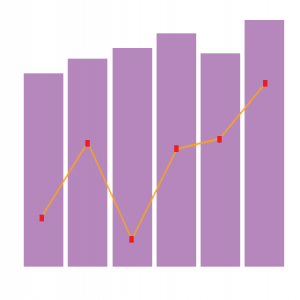
 Fr. Gaurav Nair
Fr. Gaurav Nair

While it is anguishing to see the number of crimes against women and children being reported every single day, it is even more appalling to think that these are only the ones that are reported. There are so many more that have never been brought to light. In his first Independence Day speech as prime minister in 2014, he condemned rapes in India, saying, "when we hear about these rapes, our heads hang in shame." However, he had nothing to say when the men who raped Bilkis Bano and killed her family, including an innocent baby, were released from jail and garlanded.
Addressing an audience of Indian Americans during his recent visit to the US, Rahul Gandhi claimed that "something has changed after the elections. ... And I can tell you that the idea of PM Modi, 56-inch chest, direct connection with God. That's all gone. It's history now." However, the reality is that changes do not happen overnight.
Various reports have been unambiguous that crimes against women and sexual violence have only increased in the decade that Modi ruled. The numbers show a consistent year-on-year rise, except in 2020, when the COVID-19 pandemic swept India and a hard lockdown forced the country to shut down for months, which also affected data collection.
This, in no small part, is due to the toxic masculinity spread by the BJP and the RSS. The growing normalisation of brutal lynchings reflects the dangerous blend of aggression and toxic masculinity taking hold in our country. The "encounter" killing of a rape accused at Badlapur is being justified by the populace and fanned as glorious by the BJP. Many men have come to see physical violence as a valid ex
The BJP-RSS has always been dismissive - nay downright derogatory towards the Opposition, especially Rahul as "soft." This toxic mindset also extends to other spaces, where vicious trolling, particularly targeting women and dissenting voices, showcases the relentless drive to assert dominance.
Aggression is not only visible in the vitriol spouted by the ruling goons but is loudly proclaimed by the everyday use of symbols. The use of aggressive religious imagery on vehicles, at homes and on persons is evidence enough that hate and violence have seeped into the Indian psyche, especially the men who are more susceptible to such narrative. This susceptibility is exacerbated by illiteracy, mis-education, unemployment and the availability of technology to individuals incapable of using it judiciously.
The celebrated John Muir quotes in My First Summer in the Sierra (1911), "When we try to pick out anything by itself, we find it hitched to everything else in the Universe." If we really want to tackle the menace of crimes against women, it is not enough that we make increasingly stringent laws. Laws have always proven to fail. We must address the political, social, educational, economic and environmental situation in the country. Following Modi's brand of aggression, we may never gain the epithet of a "Vishwaguru" in the future; nevertheless, we already have been crowned "the rape capital of the world."